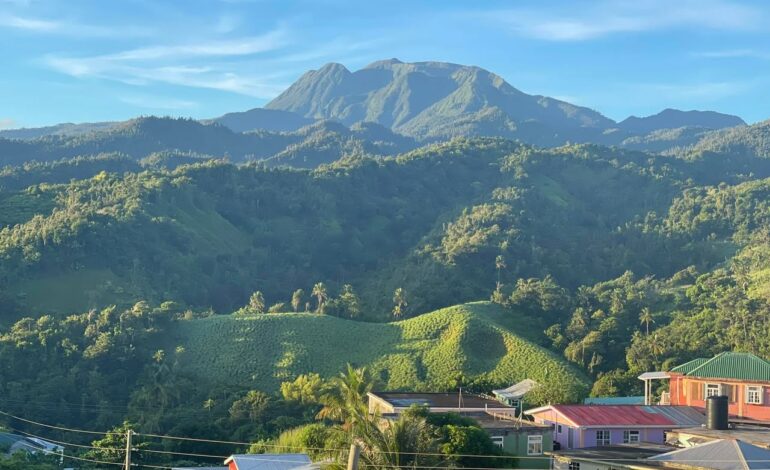
Every year on December 11th, the United Nations (UN) raises awareness about the importance of mountains and focuses on the opportunities and on the development of Mountains. This day also educates people in understanding the role of mountains in the environment and its impact on life.
The theme of International Mountain Day 2024 is “Mountain solutions for a sustainable future
– innovation, adaptation and youth.” The theme focuses on innovation which encompasses technological advancements as well as creative problem-solving such as climate-smart agriculture. It also narrows in on adaptation due to the pressures that mountains now face as a result of climate change therefore, adaptation becomes imperative for building resilience and reducing vulnerability. Lastly, the active participation of youth is essential for ensuring the long-term sustainability of mountain solutions. IMD 2024 promotes decent work and quality employment for young persons, accessible training, and entrepreneurship opportunities that contribute to the sustainable use of mountain resources.
Mountains are home to 15% of the world’s population and host nearly half of the world’s biodiversity hotspots. They are essential for sustaining life, offering freshwater for everyday life to more than half of humanity, and aids in climate regulation, hence their importance in the fight to control climate change and its effects. Also, mountains help to sustain agriculture, supply clean energy, are ecological habitats for natural medicines, and serve as sources of mental peace and inspiration.
International Mountain Day commemorates the role in which mountains play in providing food, water, and recreation. It is an opportunity to create awareness about the importance of mountains to life, to highlight the opportunities and constraints in mountain development and to build partnerships that will bring positive change to the world’s mountains and highlands.
Mountain biodiversity plays a key role in the support of global environmental, economic, social and cultural sectors through connections to a rich variety of plants and animals, air pollution, climate change, mining, hydropower, tourism, forests, and agriculture. Therefore, the challenge is to sustainably manage mountain regions to avoid degradation and avoid subsequent increases in poverty and hunger.
As observed on the physical map of Dominica, the terrain is mostly mountainous. The landscape is also almost totally covered by tropical rainforest types. Across the island, north to south and east to west, volcanic slopes and gorges dominate the landscape. According to the historical records Dominica is among the Earth’s most rain-drenched lands, and that water runs off forms hundreds of streams, dozens of rivers and a handful of small crater lakes. Our bubbling hot springs which have given rise to numerous sulphur spring baths, in the calm surroundings of the rainforest, offer relaxing and therapeutic experiences. The Morne Trois Pitons National Park, a UNESCO World Heritage Site, boasts of the second-largest boiling lake as well as freshwater lakes, cool rivers and spectacular waterfalls.
Mountains are natural jewels we should treasure and are crucial to life. Whether we live at sea level or the highest elevations, we are connected to mountains and affected by them in more
ways than we can imagine. Unfortunately, mountains are under threat from climate change, overexploitation and contamination, increasing the risks for the people and the planet. This Mountain Day 2024, let us focus on the the adverse effects of human actions on mountain ecosystems, and emphasizes the economic, environmental, and health benefits these ecosystems provide.






